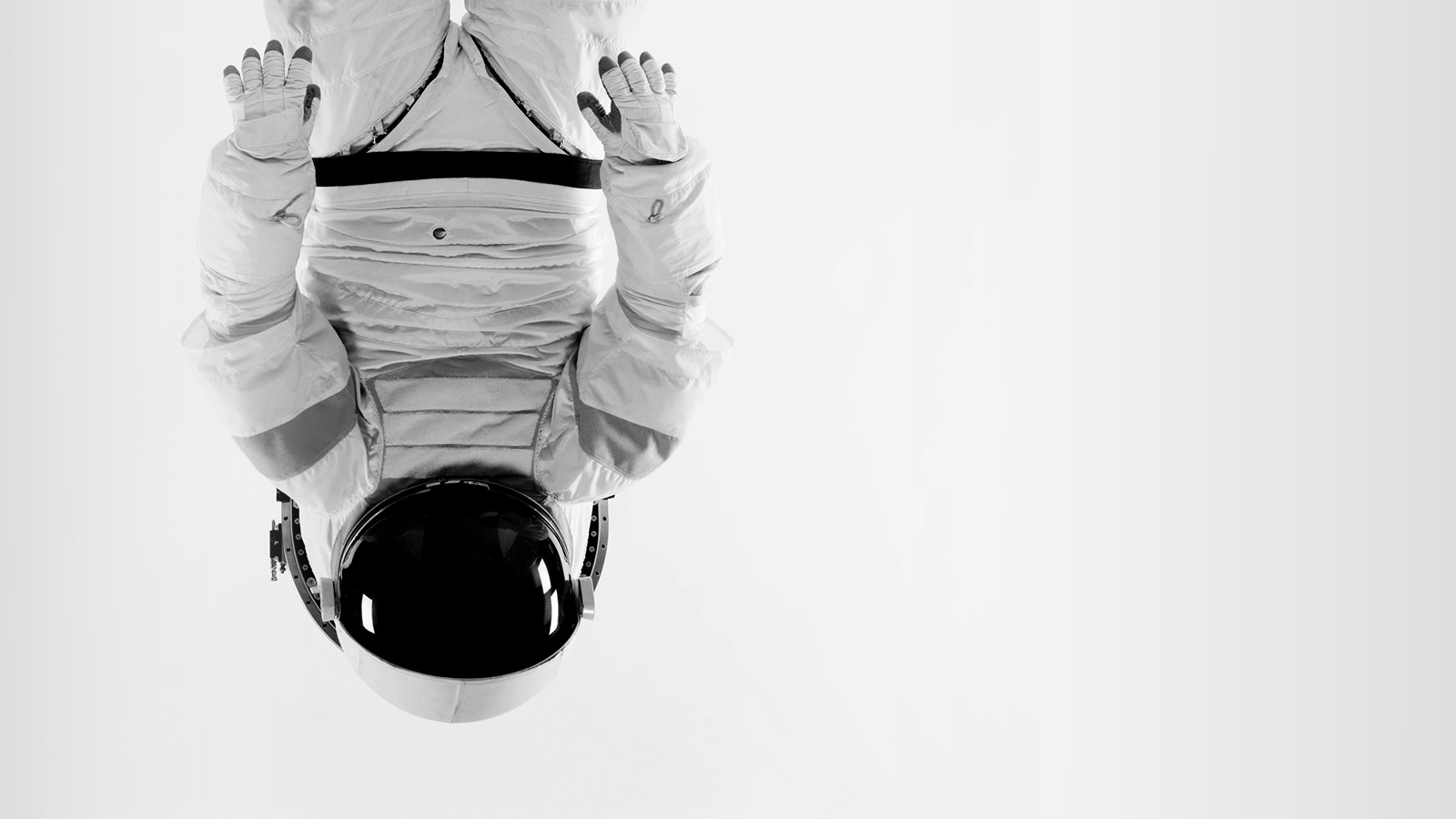Let’s start with the obvious and the obligatory: Star Trek, the new American movie, not to be confused with the 1966 television series Star Trek, or the four series it spawned, or the 1979 movie Star Trek, or any of its nine sequels, meekly goes where every blockbuster picture has gone before, and must go, and will continue to go.
Which means, in no particular order: young, attractive Caucasian lead actors (because it must sell in West Virginia); one token Black American supporting actor (because it must sell in West Harlem); loud noises, explosions and special effects (because it must sell to young men); unnecessary female nudity (ditto); fight scenes, sex scenes, chase scenes (ditto, ditto, ditto); catchphrases (because it must feel familiar); fancy camerawork and editing (because it must feel new); a foreign-sounding enemy (because Americans like to collect them); and the promise of a sequel (because Mercedes don’t buy themselves).
This blow-stuff-up, blow-up doll, shrink-wrapped form of entertainment short-circuits our synapses, and after a while we get used to the idea that we’re not supposed to think when we’re at the movies. This works very well for the major movie studios, run disproportionately by healthy, wealthy men from Los Angeles who understand, even though they’d never touch the stuff themselves, that ice cream will always sell because it feels good while you’re eating it. Never mind that it’s bad for us; we’ll eat it, anyway.
Hollywood makes the filmic equivalent of triple chocolate sundaes with sprinkles and syrup and two cherries on top — movies that are really, really bad for us, but feel so good while we’re watching that we keep coming back. As with ice cream, the damage is done a little bit at a time, so we can always justify one more indulgence.
Here’s the plot summary for Star Trek, if you need to know. James Kirk, from Iowa (ticket sales!), is a rebel whose father martyred himself in a battle (check!) against an evil race (double check!), the Romulans. (The bad guys in the original series, circa America’s Korean and Vietnamese invasions, looked Oriental; in this movie, unsurprisingly, they look vaguely Arabic.) James gets talked into joining the Starfleet, where he flirts with a girl named Uhura, befriends a man named Leonard McCoy and outwits an alien named Spock. Either those names mean something to you, and you’ll get excited watching them spout ridiculous dialogue, or they don’t, and you won’t. And, yeah, James eventually fights the Romulans.
May now marks the beginning of the summer blockbuster season, which has crept earlier and earlier as studios fight to be first. Last week’s megamovie was Wolverine, or X-Men 4; this week is Star Trek 11, new and improvised; still to come are Transformers 2, Ice Age 3, Terminator 4, and Harry Potter 6. Oodles of ice cream.
It’s worth noting that there are filmmakers, with one foot inside and one foot outside the Hollywood dream factory, who try to make the audience engage their material and think about stuff. People like Quentin Tarantino (whose World War II flick, Inglourious Basterds [sic], opens in August), Woody Allen (Whatever Works, in June), Steven Soderbergh (The Informant, with Matt Damon, October), and Sam Mendes (Revolutionary Road, hopefully coming soon).
Go see their movies, and skip all the star-filled dreck.
- Star Trek
- Directed by J J Abrams
- With Chris Pine, Zachary Quinto and Leonard Nimoy
- 126 min
- Action, Adventure, Science fiction
